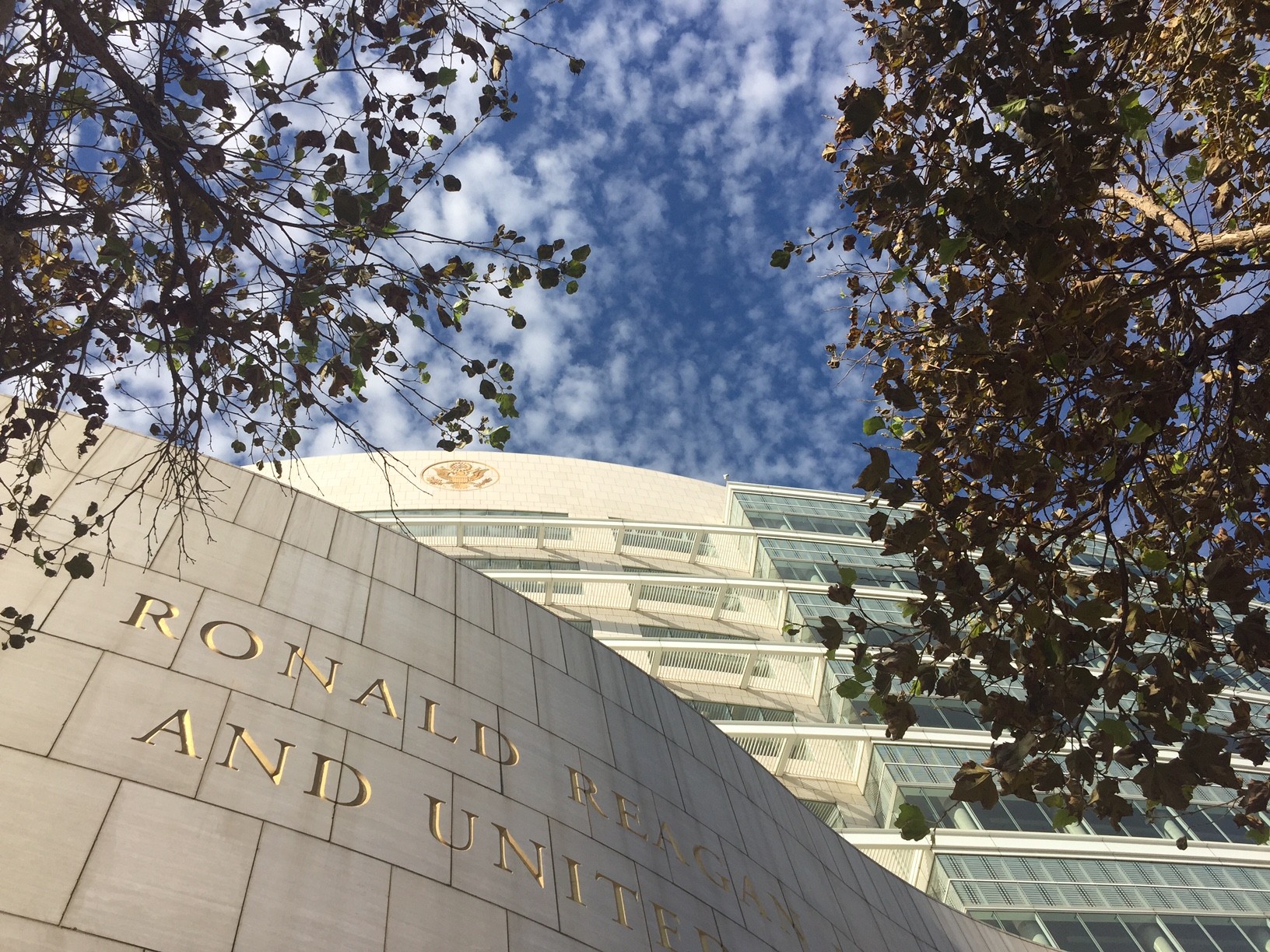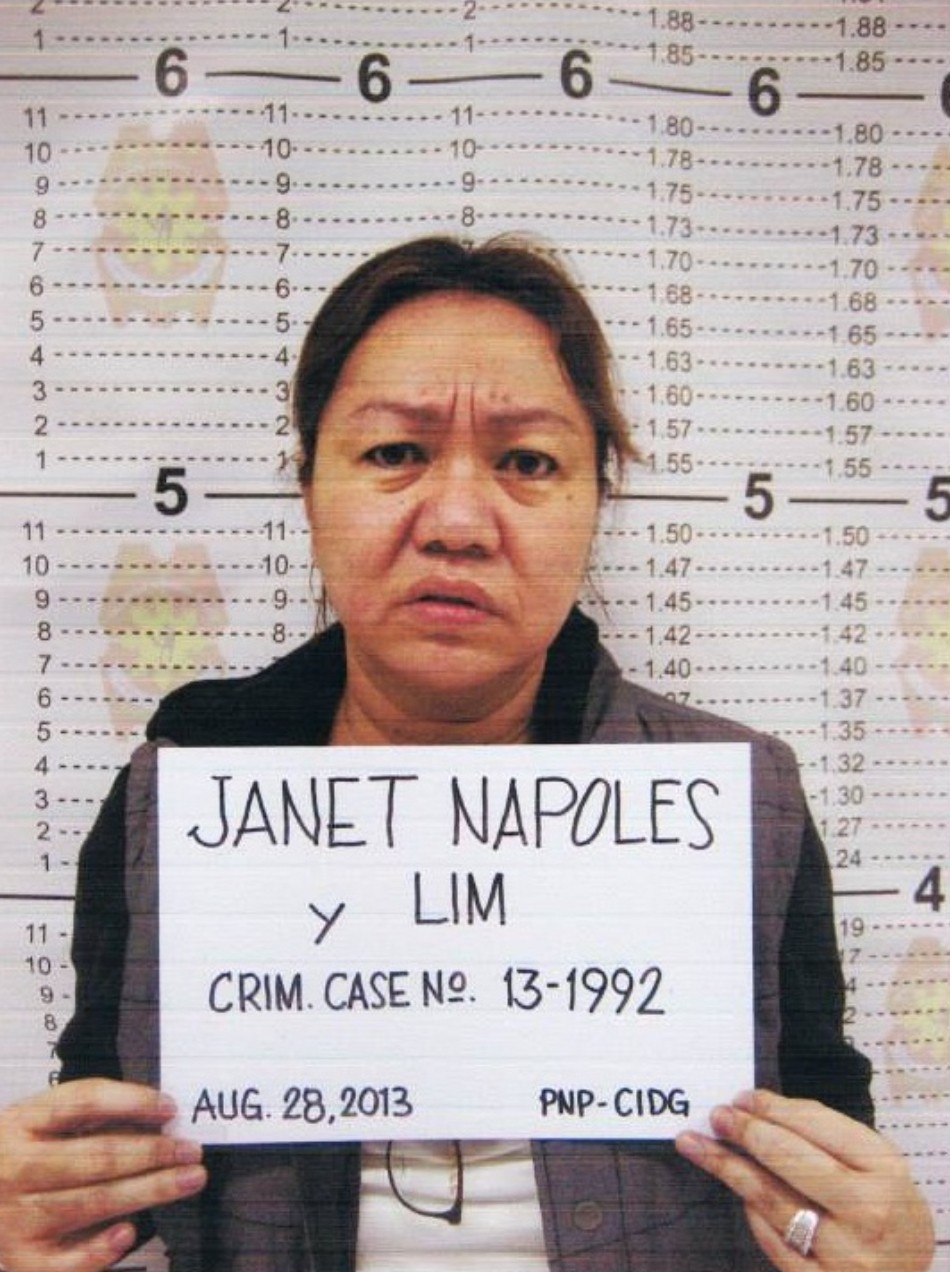
Orange County is ground zero in a legal war between the U.S. Department of Justice (DOJ) and the family of Janet Lim Napoles, a Filipino businesswoman who in an eight-year period allegedly swindled more than $225 million in government funds intended for typhoon disaster relief and developmental assistance in the Philippines.
Federal prosecutors based in Washington, D.C. and Los Angeles have been trying since July 2015 to gain permanent control of assets in Southern California they say Napoles purchased with the funneled proceeds of her non-governmental organizations (NGOs) which operated on “bribes, kickbacks and embezzlement” in money laundering schemes. They claim the high school graduate falsified documents, paid Filipino politicians and bureaucrats kickbacks between 40 and 60 percent of program funds she obtained, kidnapped a cousin in fear he would become a whistleblower, either failed entirely to provide promised services or under-delivered, and kept nearly $68 million for herself in three fraud scams.
“At [Napoles’] direction, government-awarded funds were often withdrawn from her NGO accounts in cash and transferred to the United States, usually through the use of money changers and remittance services, concealing the true source of the funds,” M. Kendall Day, chief of the Asset Forfeiture and Money Laundering Section of the DOJ, told U.S. District Court Judge James V. Selna. “These monies were usually wired to accounts in the U.S. that had been opened in the names of Napoles’ family members and two California corporations controlled by the Napoles family.”
Included in more than $12.5 million in laundered money sent to the U.S., Napoles purchased a $1.4 million home in Irvine for her brother and his wife, the 63-room Anaheim Express Inn near Disneyland, property in Covina, a $1 million luxury condominium at The Ritz Carlton in Los Angeles, at least 4,275 shares of corporate stock and a Porsche Boxster, according to a DOJ report, which also notes confiscation of bank accounts holding $829,000 in cash.

Government investigators in the Philippines discovered the scams and won an April 2015 conviction against her for the Manila kidnapping of her bookkeeper/cousin, Benhur Luy. She remains in prison and, though the government has evidence of her illegal business practices over a period of two decades including her alleged role in the sale of substandard Kevlar helmets to the military, her lawyers deny she participated in any kickback scheme.
The civil case inside the Ronald Reagan Federal Courthouse in Santa Ana met two road blocks this year, including a six-month delay while prosecutors contemplated filing criminal charges. With the agreement of all sides, Selna lifted that stay of proceedings this summer.
Now, Gregory A. Vega and Patrick Q. Hall, two San Diego-based lawyers for the Napoles family, are renewing their fight against DOJ’s forfeiture requests, calling the government’s claims weak and noting that the businesswoman hasn’t been convicted in the Philippines of money laundering or making illegal kickbacks.
“Unlike a typical forfeiture case, based upon an investigation conducted by United States law enforcement officials, the allegations relating to the three underlying fraudulent schemes appeared to be based entirely on information supplied by the Philippines of questionable reliability,” according to Vega and Hall, who are seeking dismissal of the forfeiture request. “Importantly, a close examination of the complaint reveals it is lacking in the factual specificity required for pleadings relating to frauds, and sometimes even based upon rank speculation . . . Although the complaint is lengthy and provides a lot of details about tracings to the defendant’s properties, there are few, if any particulars, about the facts of the underlying frauds.”
DOJ officials responded, arguing their complaint “extensively details” that Napoles’ Southern California assets are directly tied to “illicit proceeds illegally transported and laundered into the U.S. [based] on three distinct fraudulent schemes” and are thus subject to government confiscation. They claim they will release even more evidence against Napoles if the case goes to trial perhaps in 2018. Meanwhile, both sides are in the process of trading discovery.
News organizations in the Philippines report that Napoles collected as many as 28 homes there and a large fleet of vehicles.

CNN-featured investigative reporter R. Scott Moxley has won Journalist of the Year honors at the Los Angeles Press Club; been named Distinguished Journalist of the Year by the LA Society of Professional Journalists; obtained one of the last exclusive prison interviews with Charles Manson disciple Susan Atkins; won inclusion in Jeffrey Toobin’s The Best American Crime Reporting for his coverage of a white supremacist’s senseless murder of a beloved Vietnamese refugee; launched multi-year probes that resulted in the FBI arrests and convictions of the top three ranking members of the Orange County Sheriff’s Department; and gained praise from New York Times Magazine writers for his “herculean job” exposing entrenched Southern California law enforcement corruption.


2 Replies to “U.S. Wants Southern California Assets Tied To Disaster Relief Bribery Scandal in the Philippines”